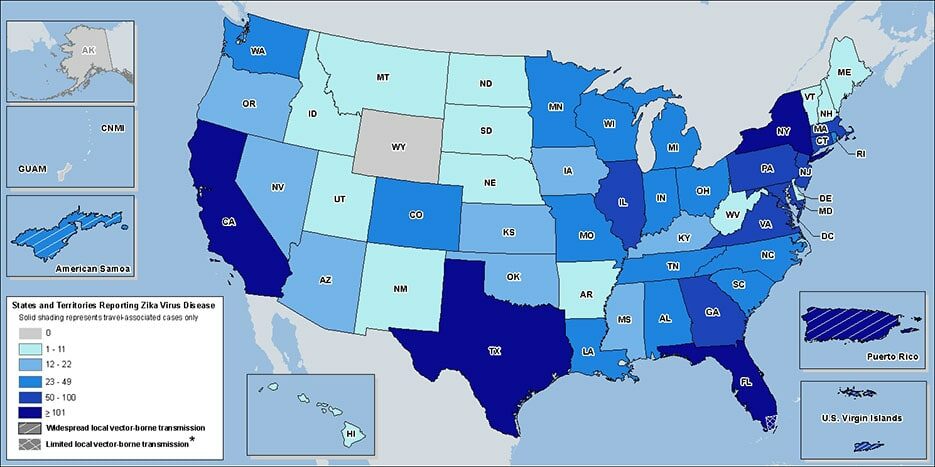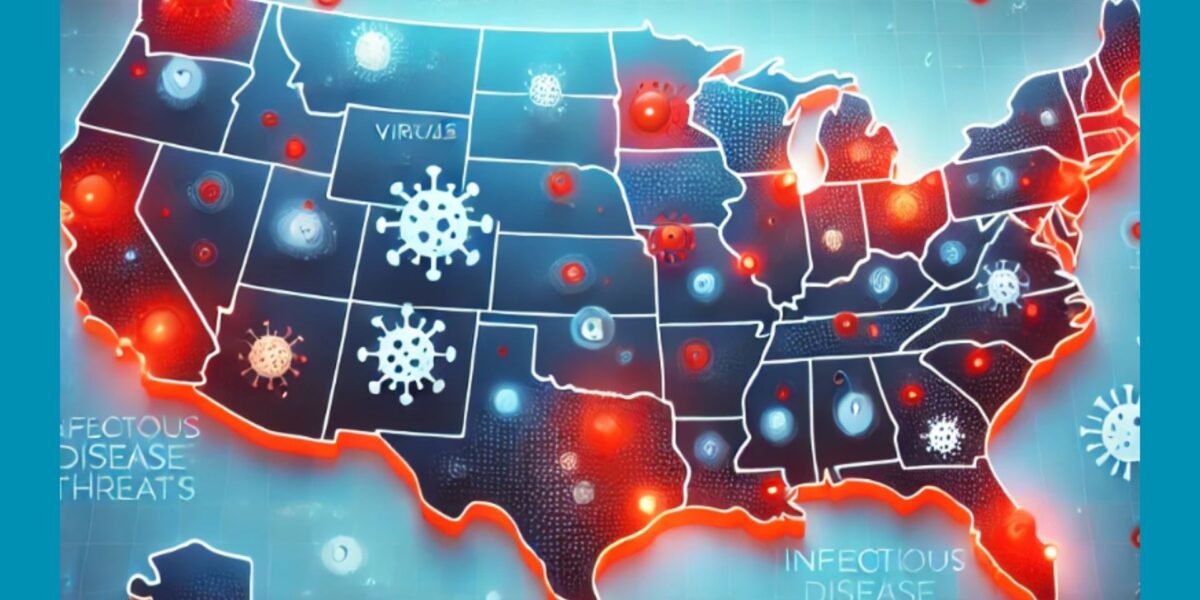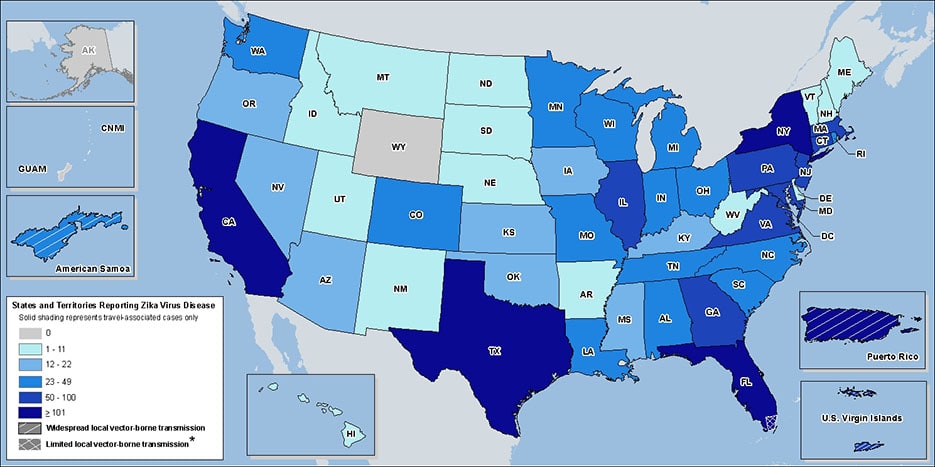
Recent items of interest from the world of infectious diseases:
1. The Centers for Disease Control and Prevention (CDC) published recommendations of the Advisory Committee on Immunization Practices (ACIP) for the 2016-2017 influenza season. In light of low effectiveness against influenza A(H1N1)pdm09 in the US, the nasal spray flu vaccine (live attenuated influenza vaccine or LAIV) should not be used. CDC recommends use of the flu vaccine (inactivated influenza vaccine or IIV) and the recombinant influenza vaccine (RIV).
To learn more about the updated recommendations, join NFID and CDC for a Twitter chat about influenza with Richard Besser, MD, Chief Health and Medical Editor of ABC News, on October 18, 2016 at 1:00 PM ET. Use the hashtag #abcDRBchat to join the conversation.
2. The American Academy of Pediatrics (AAP) published new policies to boost childhood immunization rates. A new report, Countering Vaccine Hesitancy, advises pediatricians to have compassionate dialogues with parents to clear up misconceptions around vaccines, provide accurate information about the safety and importance of vaccines, and strive to help parents/caregivers make the decision to vaccinate their child. AAP also urges state governments to enact policies that will result in high immunization rates and recommends that only medical exemptions be allowed for child care/school vaccine requirements. The report also supports pediatricians who dismiss vaccine refusers.
The decision to dismiss a family who continues to refuse immunization is not one that should be made lightly, nor should it be made without considering and respecting the reasons for the parents’ point of view. Nevertheless, the individual pediatrician may consider dismissal of families who refuse vaccination as an acceptable option.
3. The World Health Organization (WHO) released new guidelines for treatment of three common sexually transmitted diseases (STDs) to prevent antibiotic resistance. For the first time in 13 years, WHO outlined new recommendations on how to treat three common STDs. The recommendations provide guidance to member countries to assist in the creation of their own guidance for healthcare professionals (HCPs) for the treatment of gonorrhea, syphilis, and chlamydia. A priority was to address treatment of gonorrhea, as the bacteria that cause the disease is increasingly developing resistance to available antibiotics.
4. Officials in Florida detected Zika virus in mosquitoes. Locally acquired cases of Zika in humans were confirmed last month, but this is the first time that trapped mosquitoes have been found to carry the virus. The first human cases of Zika virus in Florida were detected in early August in an area north of downtown Miami, a popular destination for locals and tourists from Latin American countries where the virus is prevalent.
As of August 31, 2016 there have been 35 cases of locally acquired mosquito-borne cases in the US. The majority of the 2,200+ cases in the US are travel related. While work continues on developing a Zika vaccines, there remains an urgent need to find drugs to treat those already infected and new findings from the National Institutes of Health have shown that some existing drugs might be repurposed to fight Zika infection and prevent the virus from harming the developing brain.
5. The US Food and Drug Administration (FDA) is banning soaps and body washes containing triclosan and triclocarban, two of the most common antibacterial ingredients, along with 17 other active ingredients. Each year in the US, at least 2 million individuals become infected with antibiotic-resistant bacteria and more than 23,000 die from these infections. The ingredients were banned as there was no scientific evidence that they were more effective in killing germs than plain soap and water.
To join the conversation, follow NFID (@nfidvaccines) on Twitter, like NFID on Facebook, join the NFID Linkedin Group, and subscribe to NFID Updates.
Related Posts

News Round-Up: Infectious Disease Threats
According to NFID website poll, there are several worrisome infectious disease threats. Read recent news on topics of greatest concern, including avian influenza (bird flu), measles, and respiratory syncytial virus (RSV) …

Vaccines and Heart Health: A Vital Connection
Heart disease can increase the risk of serious or fatal complications from respiratory diseases including COVID-19, flu, and RSV

Harnessing the Power of Local Data
NFID dashboard aims to empower stakeholders with hyperlocal data to increase US adult respiratory vaccine uptake

